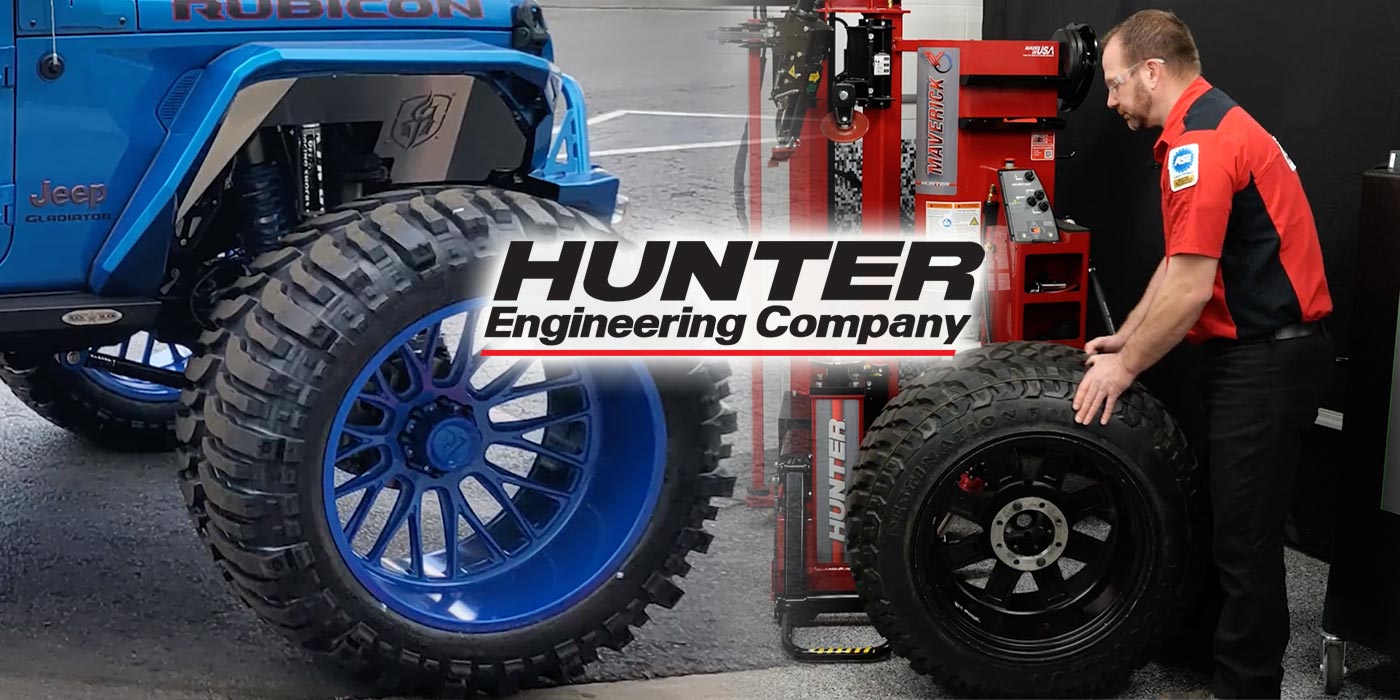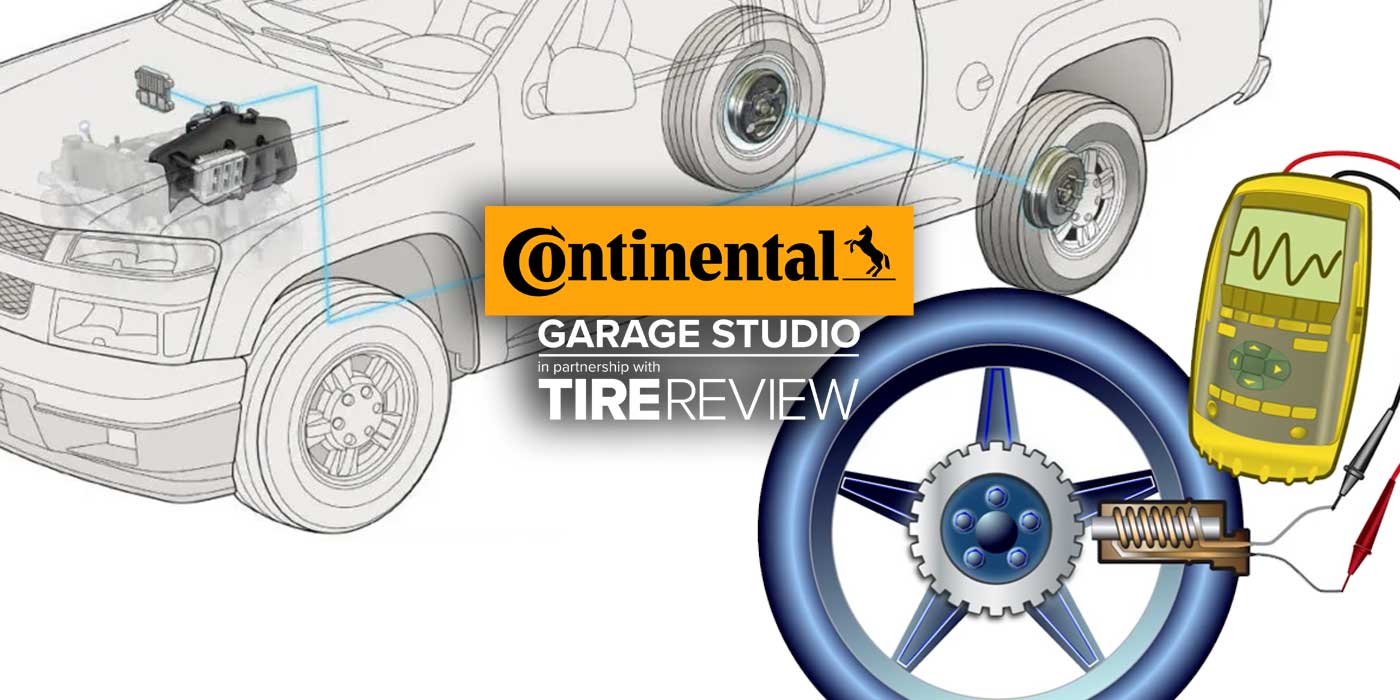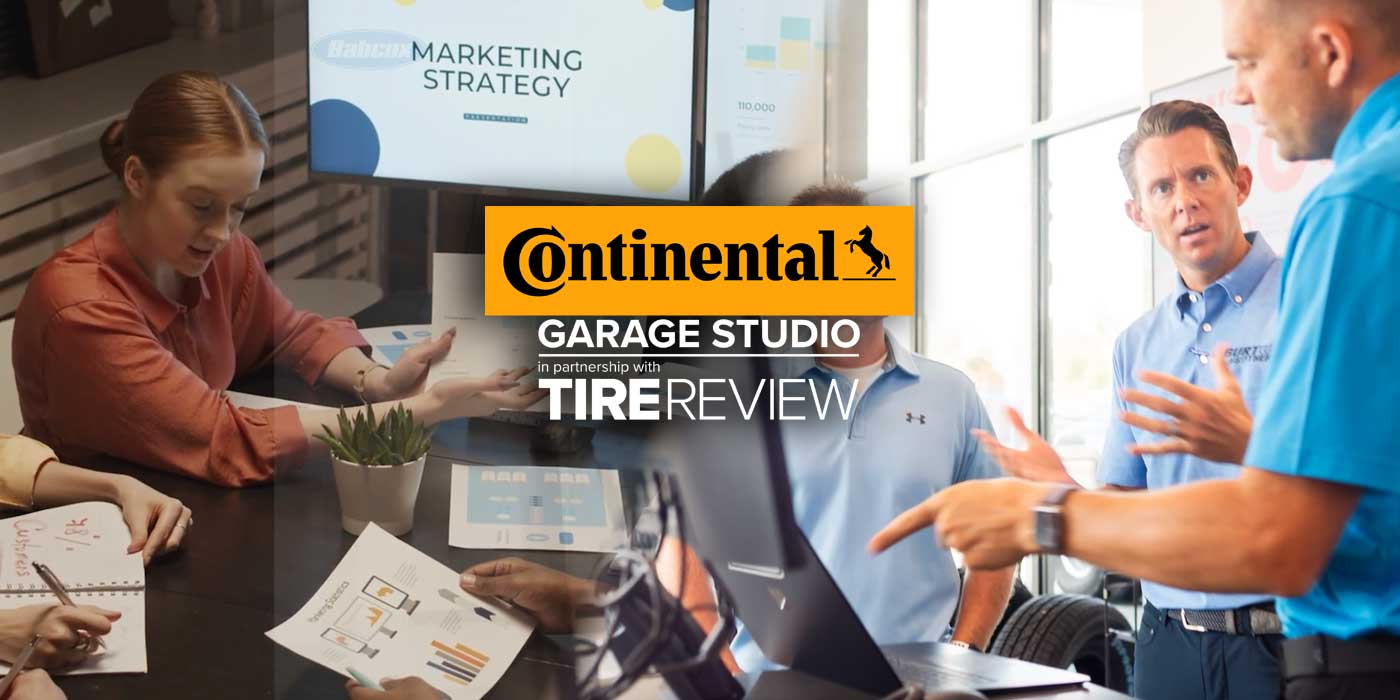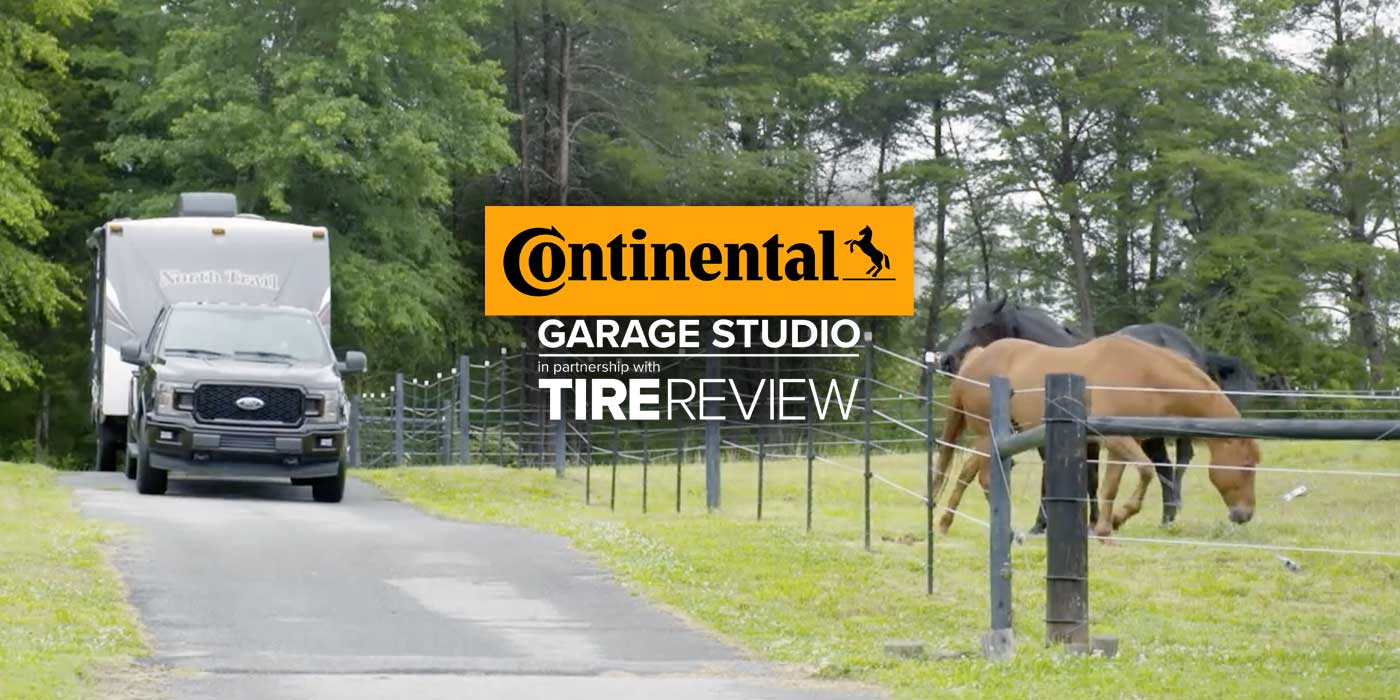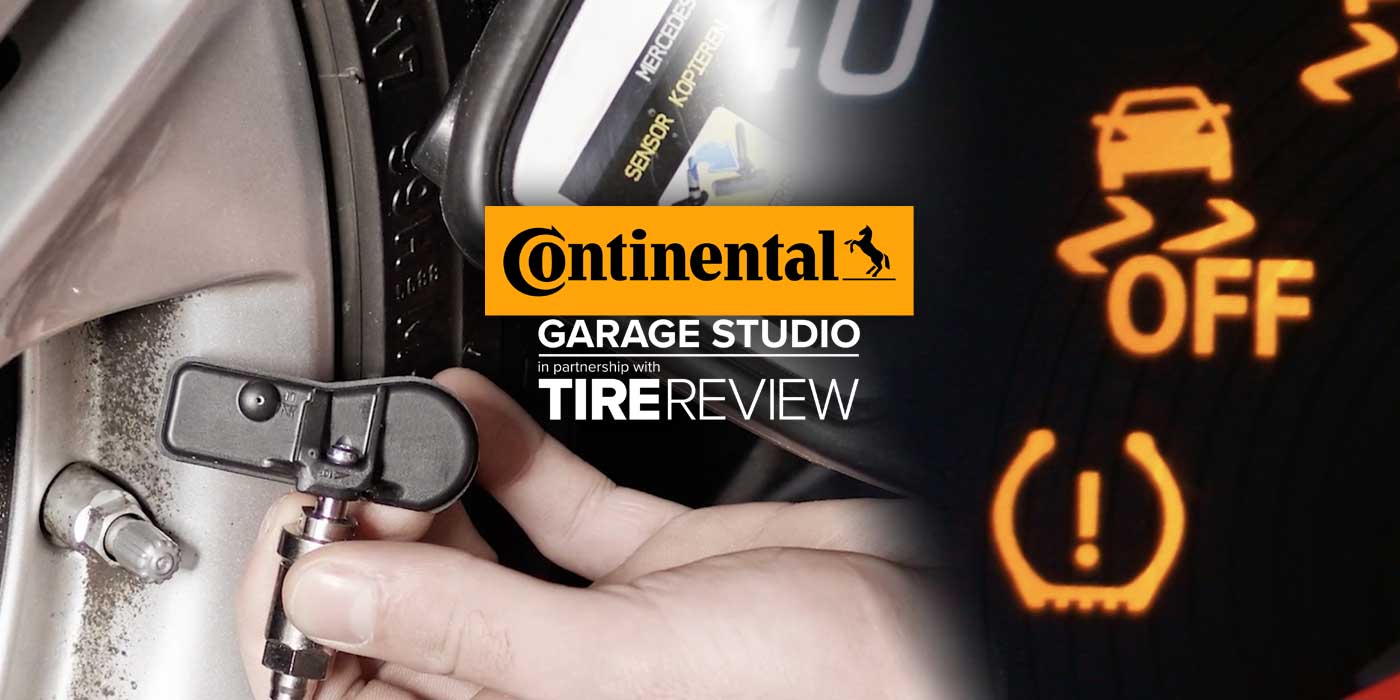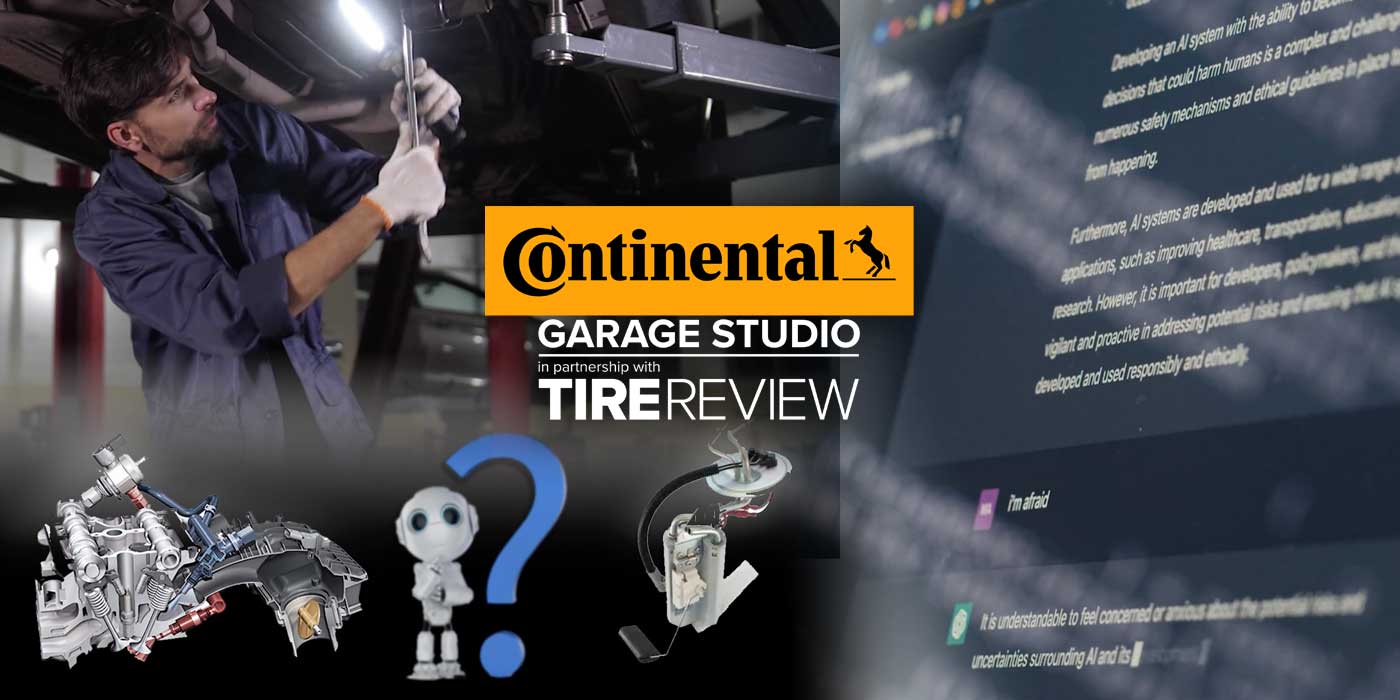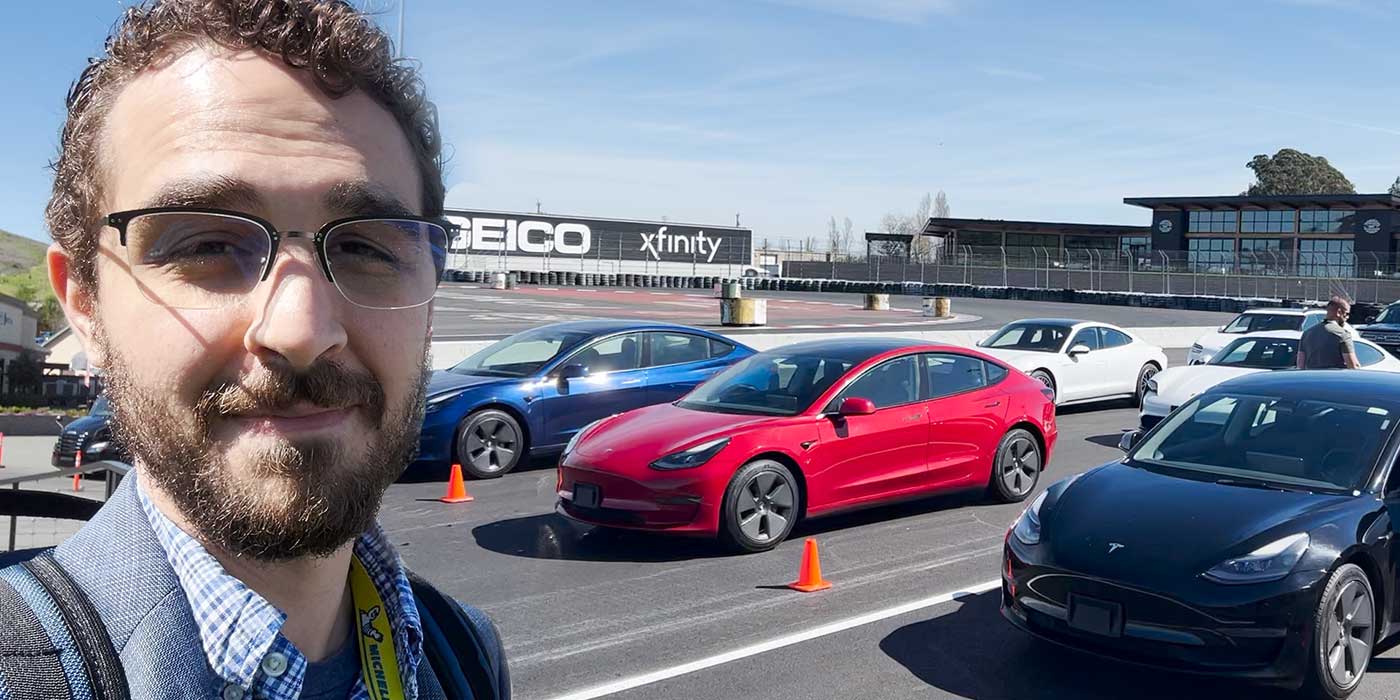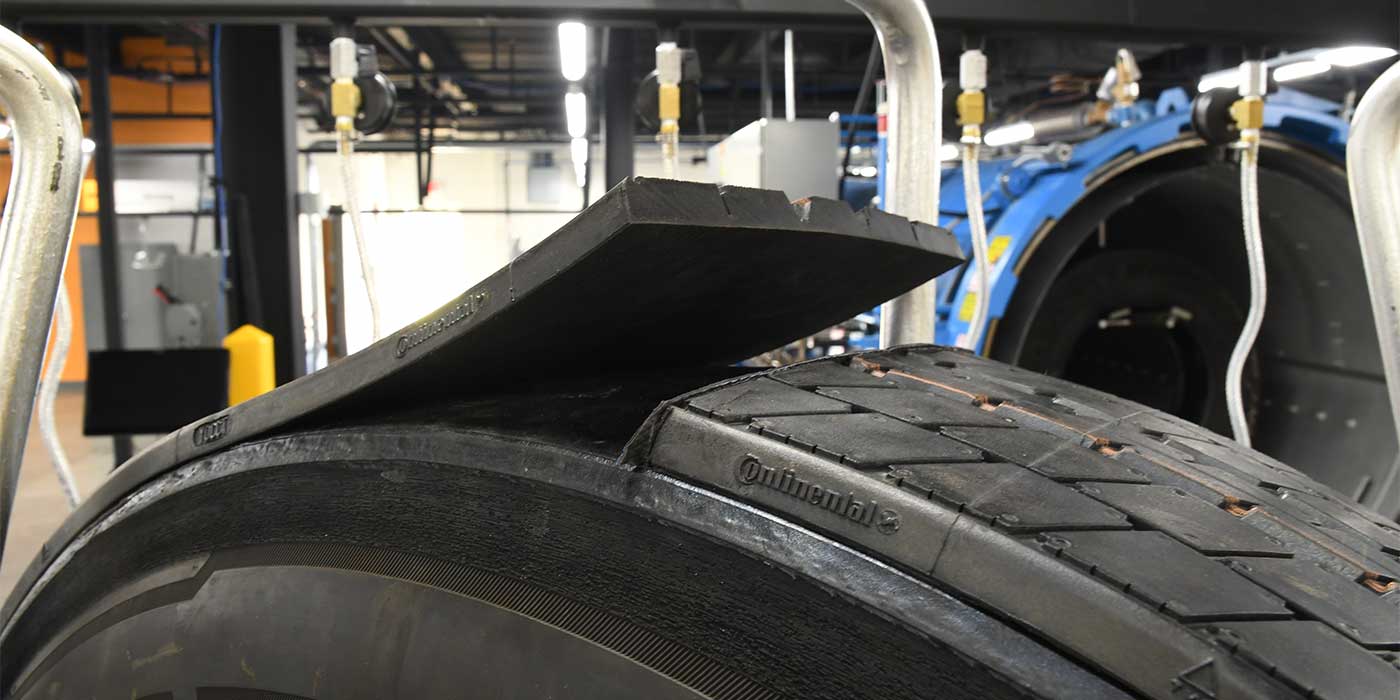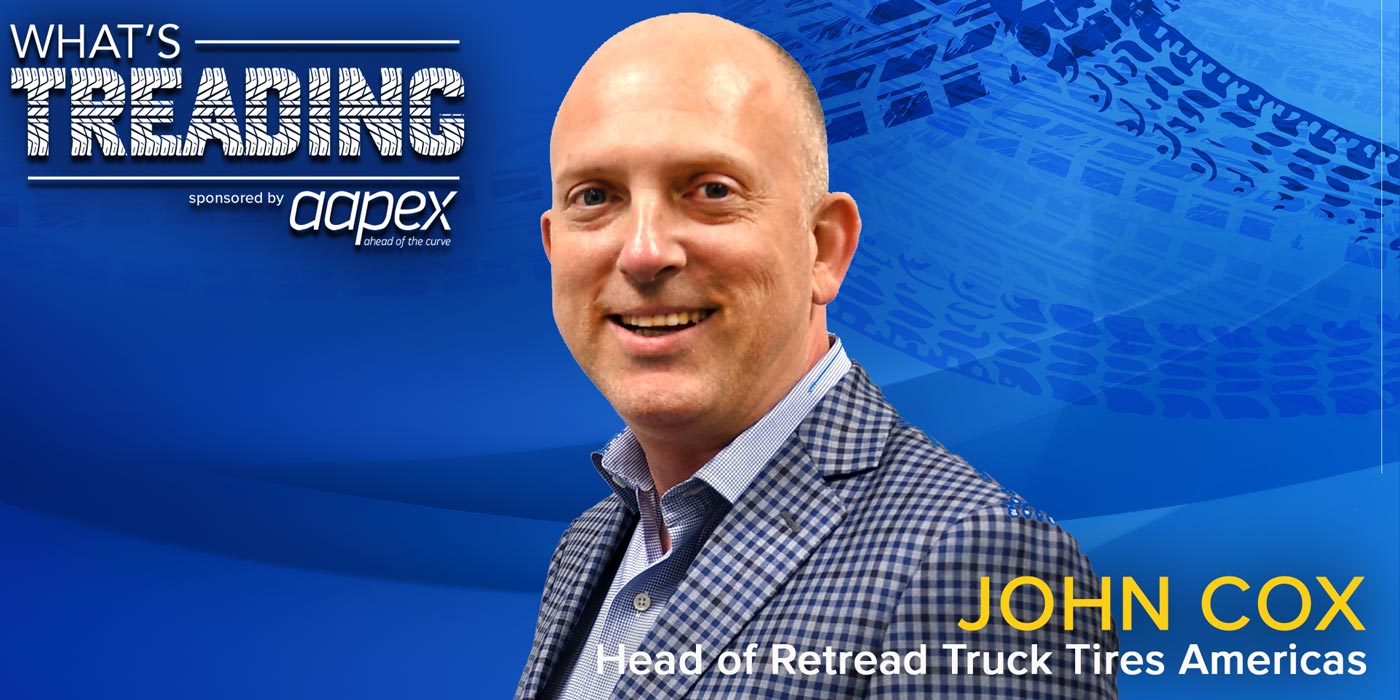We all love the ease of delivery services, especially after the Covid pandemic highlighted just how convenient it is to order things online.
However, we often overlook the supply chain path it took to get here, and the equipment, like tires, needed to get the job done.
In this Tire Review Continental Tire video, we explain how tires on last-mile delivery vehicles are different from traditional light truck tires.
Last-mile delivery tires fill a specific niche in the marketplace – and in turn, are designed to meet a set of unique criteria. Here are five things that make last-mile delivery tires different.
Vehicles like Mercedes Sprinter vans carry heavy loads and operate in stop-and-go traffic conditions and urban environments that demand a highly durable tire. Last-mile delivery tires need a higher load capacity than normal tires to ensure they can handle the weight of the cargo.
Second, increased durability. The frequent starts and stops of urban delivery routes can cause rapid wear and tear on tires, as well as frequent scrubbing against tight curbs. Last-mile delivery tires are designed to be more durable to withstand constant use and abuse and ensure cargo is delivered on time. That means more robust sidewalls, new compounds and tread designs on high-quality casings to meet durability needs.
Third, reliable traction. Traction is obviously essential in any tire, and the unpredictability of road conditions in urban areas creates an increased need for this. To ensure safe and efficient operations in all conditions, last-mile delivery tires have a high level of traction to grip the road.
Fourth, fuel efficiency. With more stops and starts than a normal driver takes during their routes, last-mile delivery drivers consume fuel quickly. To combat this issue, tires in this segment are designed to reduce rolling resistance, in turn improving fuel efficiency.
The fifth is noise reduction. Seeing as how many delivery fleets do their work in lots of residential neighborhoods – reduced noise is important. Last-mile delivery tires have distinct tread designs that are often ribbed or siped to provide better traction and grip. The tire’s rubber compounds, casing design and noise reduction technology are designed to minimize the amount of noise pollution they produce.
Don’t forget to follow us on Instagram and Facebook and subscribe to our YouTube channel for more tire, service and shop operations videos.

